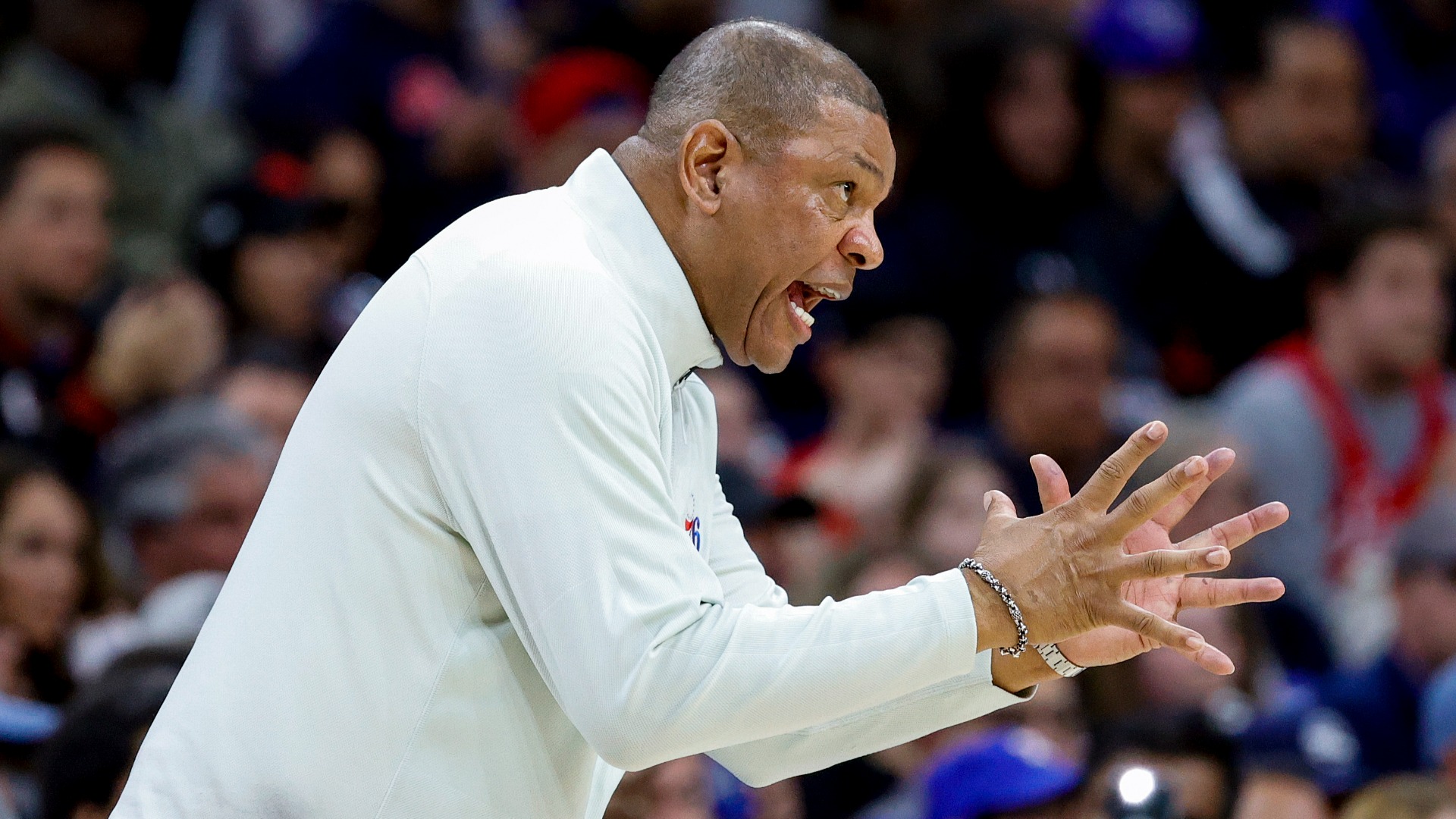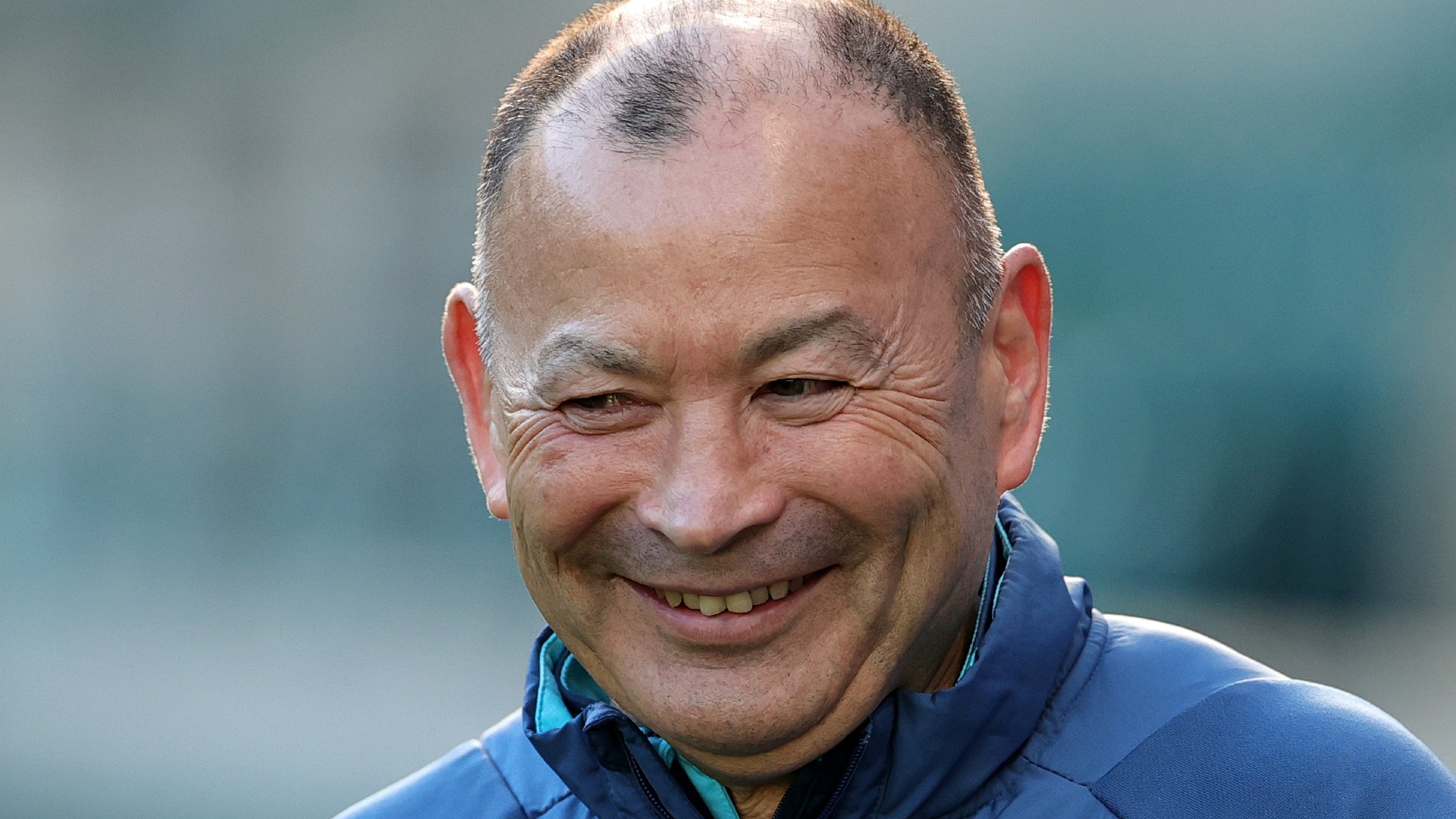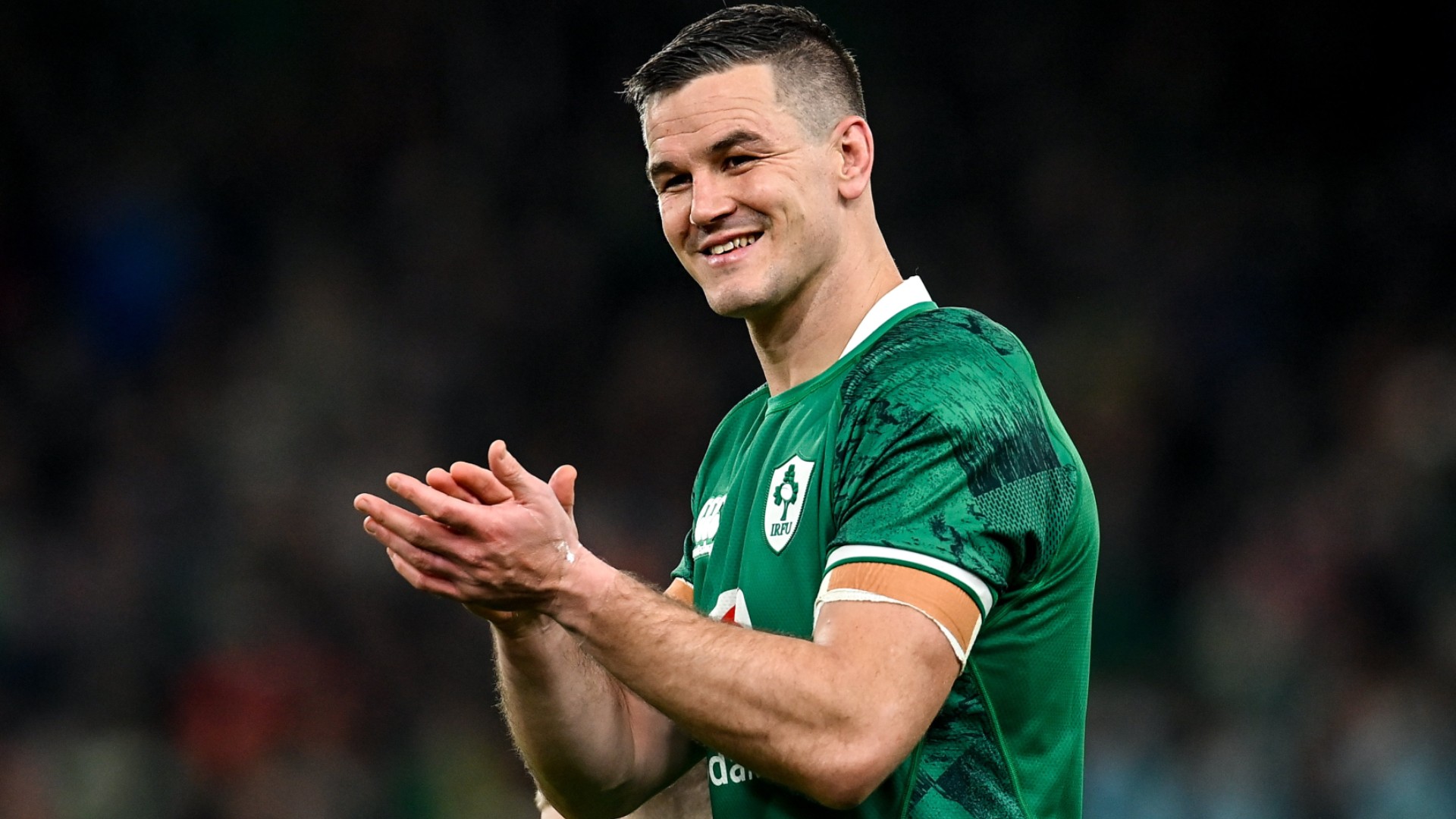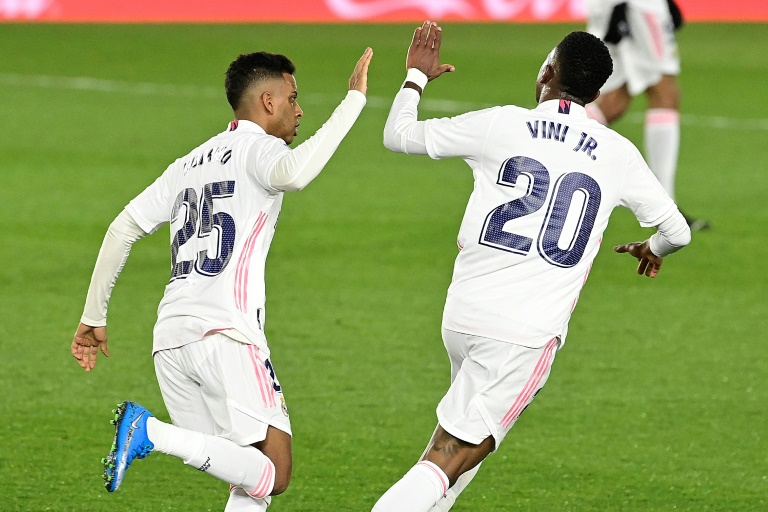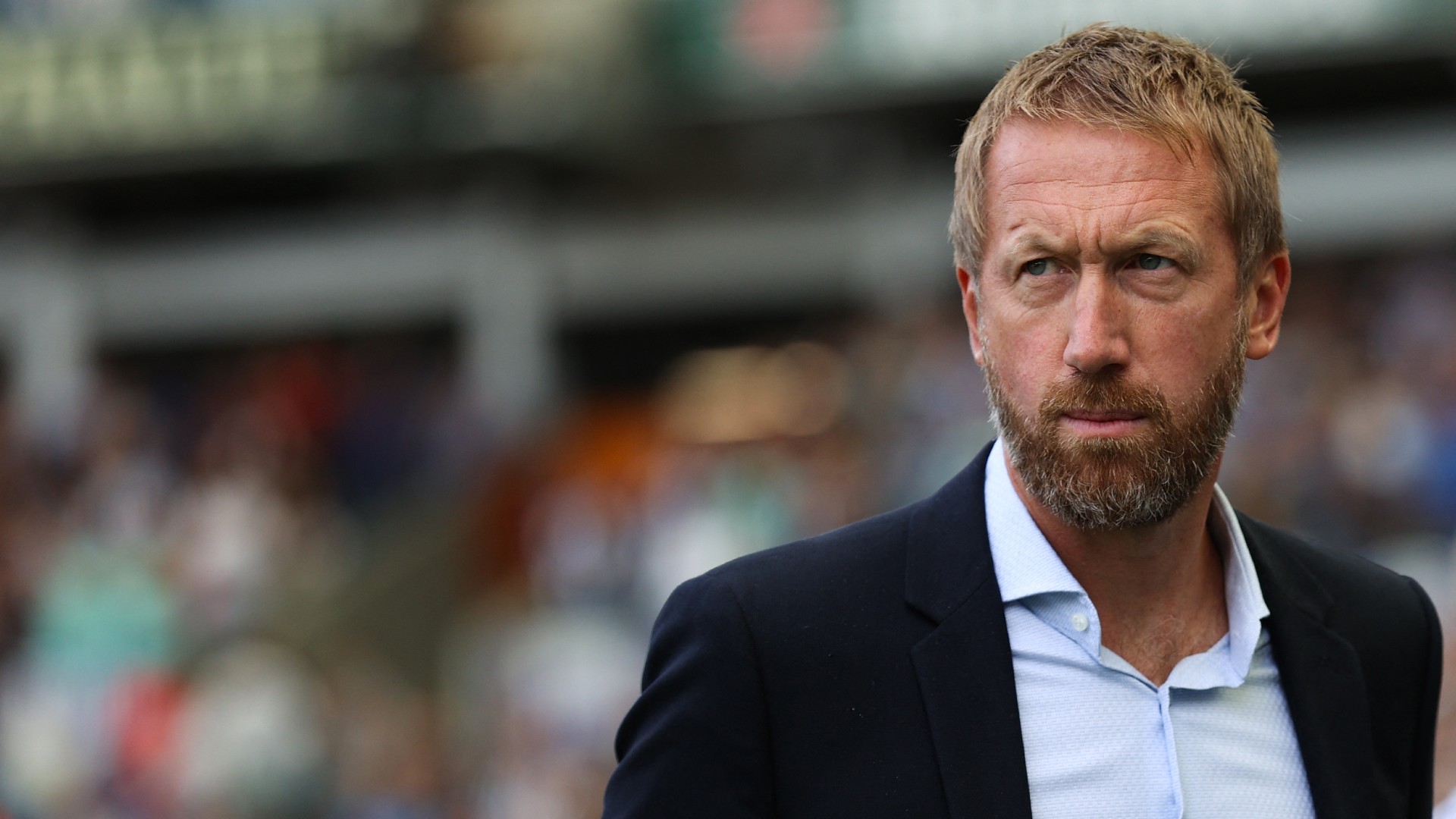
When Graham Potter landed his first managerial role in the fourth tier of Swedish football in January 2011, few would have expected him to be leading one of the Premier League’s elite teams within little over a decade.
But after overseeing Brighton and Hove Albion’s fine start to the Premier League season, Potter has stepped up to succeed Thomas Tuchel at Chelsea.
It remains to be seen how Potter, a coach with high potential, fares with new owner Todd Boehly but his arrival in west London marks the culmination of one of the most intriguing coaching journeys in recent memory.
From Ostersunds to Chelsea, Potter’s rise has been Football Manager-esque.
Here, Stats Perform delves into his coaching career to date and what it could mean for the Blues.
From humble beginnings: The stunning journey at Ostersunds
Having featured prominently for the likes of West Brom, York City and Macclesfield Town during a playing career spent entirely in England, Potter made the unconventional move to Scandinavia in 2011.
Potter, whose previous coaching experience took in roles at the University of Hull and Leeds Metropolitan University, was recommended to Ostersunds by Graeme Jones, then Roberto Martinez’s assistant at Swansea.
They would not regret taking him on. Within seven years, Potter was masterminding Europa League wins against Galatasaray, Hertha Berlin, and most noticeably of all, Arsenal.
Having led the side to three promotions in five seasons, Potter oversaw a terrific Svenska Cupen triumph in 2017, earning the chance to face some of Europe’s biggest names.
That 2-1 success at the Emirates in February 2018 put Potter on the map, despite Arsene Wenger’s men triumphing 4-2 on aggregate at the end of their round-of-32 tie.
Despite his limited resources, Potter became the first English manager to beat the Gunners in a European tie at the Emirates Stadium, while Ostersunds were the first Swedish team to win away at an English side since 1995, earning him a move to Wales.
Making waves on the Welsh coast: Reinvigorating Swansea
Swansea City were considered one of the Premier League’s best-run clubs for much of their seven-year spell among the top flight between 2011 and 2018.
But the team inherited by Potter was not built for an immediate promotion challenge following their relegation that May. Having let several key men leave, their biggest outlay in Potter’s first transfer window was the £3million signing of Manchester City youngster Bersant Celina.
Potter’s men may have finished some nine points adrift of a Championship play-off spot, but a run to the FA Cup quarter-finals, where they suffered a controversial 3-2 defeat to City after going two goals up, put the tactician on the radar of Premier League clubs.
Despite only enjoying one season in Wales, Potter was key to the early development of the likes of Dan James and Joe Rodon, both of whom went on to join top-six clubs.
When a Premier League side were in the mood to change their style of play in 2019, Potter’s sterling work in Wales put him high on their shortlist.
Seagulls soar to new heights: Potter in the Premier League
In the 2018-19 season, Chris Hughton’s Brighton staved off relegation by just two points, scoring a mere 35 league goals across a dull campaign.
Potter’s subsequent arrival at the club was not universally welcomed, with several pundits highlighting his lack of experience at the top level, but he quickly made them eat their words.
Although finishes of 15th and 16th in his first two campaigns may not have demonstrated obvious progress, Potter’s ability to implement a progressive style was clear: having averaged 41 per cent possession in Hughton’s final season, Brighton averaged 52 per cent the following year.
But the 2021-22 campaign saw Potter conduct some of his finest work to date, masterminding a ninth-place finish while losing only 11 games. Only Liverpool (two), City (three) and Chelsea (six) were beaten on fewer occasions.
In addition to the top three, only Tottenham and Wolves posted better defensive records than Brighton last term, and their high-press style was demonstrated by the fact only Liverpool and City won possession in the final third more often than the Seagulls.
On Sunday, Brighton’s outstanding start to the new season went up a level, as they scored five goals in a top-flight match for the first time (in 364 outings) to blow Leicester City away.
But the Seagulls have now fallen victim to their own successes, with Potter unable to resist the advances of Chelsea.
London calling: Can Potter’s methods work at Chelsea?
New owners often like to bring in their own coach upon taking charge of a club and, in that sense, Boehly’s decision to dispense with Tuchel makes some sense – though doing so mere days after the end of a busy transfer window has attracted justifiable criticism.
Roman Abramovich’s Chelsea tenure was characterised by success in the absence of an on-pitch identity, winning trophy after trophy despite a plethora of coaches, sackings and controversies.
If a more progressive, long-term approach is Boehly’s aim, then Potter’s past work suggests he could be the perfect man for the job.




